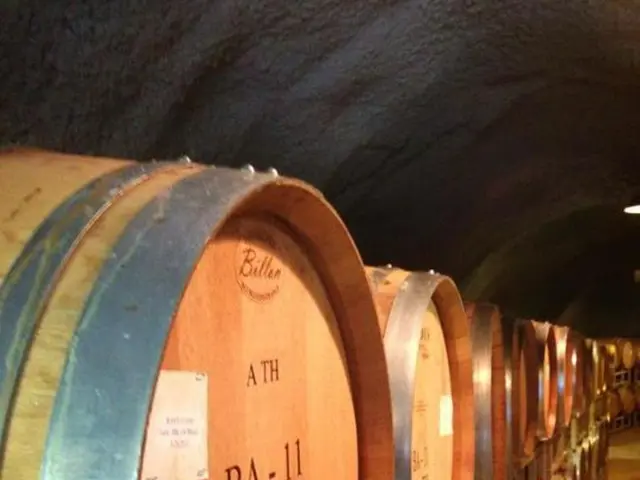Investigated instances of avian influenza in the nation has climbed to 18
Updated Article
The count of potential avian flu incidents under investigation in the country has risen from 17 to 18, according to the latest update from the Ministry of Agriculture's Respiratory and Nervous System in Birds platform at 13:01. The ongoing investigations involve sample collection, with no definitive lab results as yet. As per the platform's data, two investigations are continuing in commercial units: one in a five-day-old chicken farm in Ipumirim, Santa Catarina, and one in a poultry slaughterhouse in Aguiarnópolis, Tocantins. The suspicions logged in the system pertain to subsistence birds, with eleven cases registered, five of which involve wild birds. Across the nation, more than 20 million eggs have been destroyed as a preventative measure.
These avian flu investigations are part of the routine national agropecuary defense system, as notification is mandatory. Highly pathogenic avian influenza (H5N1 virus) is a disease that mandates immediate notification to the official animal health defense authorities of the country.
So far, there is one confirmed case of avian flu (highly pathogenic avian influenza, H5N1) in a commercial farm in the country, in Montenegro, in a poultry farm in the Porto Alegre Metropolitan Region, Rio Grande do Sul. To date, the country has recorded 164 cases of the disease in wild animals (160 in wild birds and 4 in sea lions), 3 foci in subsistence production, one in domestic breeding, and one in commercial production, making a total of 168 cases nationwide.
The rapid dispersal of H5N1 among birds and its increased ability to infect mammals has raised global concerns. Investigations are focused on strengthening surveillance systems to detect early signs of avian flu in birds and mammals, monitoring for potential human-to-human transmission, and preparing vaccine strategies to protect communities from potential outbreaks. Biosecurity practices on farms and in wildlife environments are being enhanced to prevent the spread of the virus. Public awareness campaigns are being conducted to educate the public about the risks of avian flu and prevent transmission. International cooperation is encouraged to monitor and respond to outbreaks swiftly and effectively.
- The science and health-and-wellness industry are prioritizing research into biosecurity practices for farms and wildlife environments, as the rapid energy of the H5N1 virus has elevated global concerns regarding medical-conditions related to avian flu.
- Finance, alongside science and the medical-conditions sector, is crucial for funding vaccine strategies to protect communities from potential avian flu outbreaks, as the industry focuses on strengthening surveillance systems and preparedness.
- On the commercial side, the industry is investing resources into maintaining biosecurity measures after confirmed cases of highly pathogenic avian influenza (H5N1) in Brazil, with one incident in Montenegro and another currently under investigation in Ipumirim, Santa Catarina.
- The H5N1 virus has demonstrated an increased ability to infect not only birds but also mammals, necessitating comprehensive monitoring for potential human-to-human transmission and international cooperation to respond to outbreaks efficiently.







